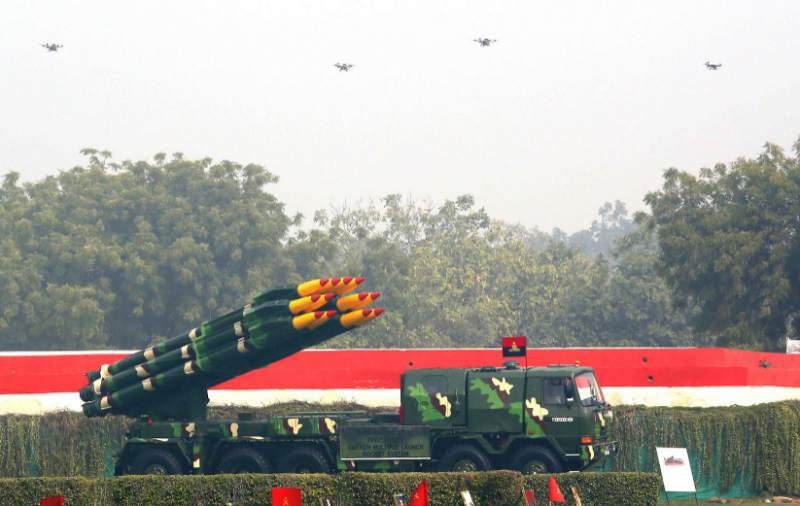
UNO: UN Secretary-General Antonio Guterres has warned that the nuclear arms race is back amid rising international tensions and urged nuclear-armed countries to uphold their pledge to never use their arsenals.
On August 6, 1945, two days after visiting Hiroshima to honor those killed in the atomic bombings, Guterres told a press conference in Tokyo, "This is the moment ... in first-use and non-nuclear countries." Committed not to use and not to threaten."
In my opinion no one can accept the possibility of a new nuclear conflict. According to Guterres, this would lead to the destruction of the planet. "It is clear that there will be no nuclear war if one does not use the first one."
Since Russia's war on Ukraine began in February, threats of a nuclear attack have raised concerns about a third nuclear bombing.
Europe's largest nuclear plant located in the Ukrainian city of Zaporizhzhya was shelled by Moscow on Thursday. Asked about the incident, Guterres replied, "Any attack on a nuclear plant is a suicide thing."
He said he fully supported the International Atomic Energy Agency's efforts to stabilize the plant and gain access to the facility.
"It's time to say: stop it," Guterres urged, noting that the world already has 13,000 nuclear bombs and that despite decades of efforts to reduce nuclear weapons, significant resources have been spent in modernizing the nuclear arsenal. investment is being made.
According to Guterres, the billions of dollars used in the arms race should be used to solve other urgent problems. "The billions used in this arms race should be used to fight poverty, meet the needs of the global community, and combat climate change," he said.
He claimed that he would also visit Mongolia and South Korea to discuss how to deal with North Korea's nuclear development.
In response to US House Speaker Nancy Pelosi's visit to the self-governing island last week, Guterres was questioned about China's ongoing military exercises around Taiwan.
He said the United Nations upholds the resolution of the General Assembly supporting the "One China" policy, which accepts Beijing's claim of sovereignty over Taiwan but considers Taiwan's status uncertain.
He stressed the need for "common sense and then restraint, allowing de-escalation" and that "we all want the resolution to be consistent with a peaceful environment."
In a meeting with Yoshimasa Hayashi later that day, Guterres and Hayashi "agreed on the importance of de-escalating tensions" and expressed "serious concern about the tense situation in the region", according to a statement from the ministry.
Guterres urged Japan to use its unique status as the only country in the world that has experienced nuclear attacks to serve as "a bridge-builder and peace-builder to strengthen global cooperation, trust and solidarity". When geopolitical tensions are rising and the nuclear threat is once again in the limelight.
According to Guterres, Japan has the potential to play a leading role in the global fight against climate change. He specifically urged Tokyo to stop funding coal plants.
Japan has not made it clear when it will outlaw coal-fired power plants outright, and has been perceived as hesitant in making this commitment before many European countries.
Japan, the world's third-largest economy, is currently working to develop ways to burn ammonia in conventional coal-fired plants and possibly gradually phase out the use of coal in the 2040s. To achieve zero emissions, Japan also wants to promote "clean coal" technology in Asia.
Energy experts and detractors agree that current nuclear power supply targets of 20% to 22% of Japan's total energy mix by 2030 are overly ambitious. By then, the nation is committed to reducing emissions by 46% of 2013 levels.
According to Guterres, "Clean coal does not exist." "I expect Japanese public and private capital to stop funding coal altogether to make for a real change."
In order to address the needs of developing countries in addressing the climate emergency, Guterres said he expects Japan to "promptly expand renewable energy to developing countries and build climate resilience through investments and investments" through multilateral development banks. will provide support".
He urged Japan to make the best decision for both itself and the whole world.
UN nuclear chief warned that Europe’s largest nuclear power plant is completely out of control